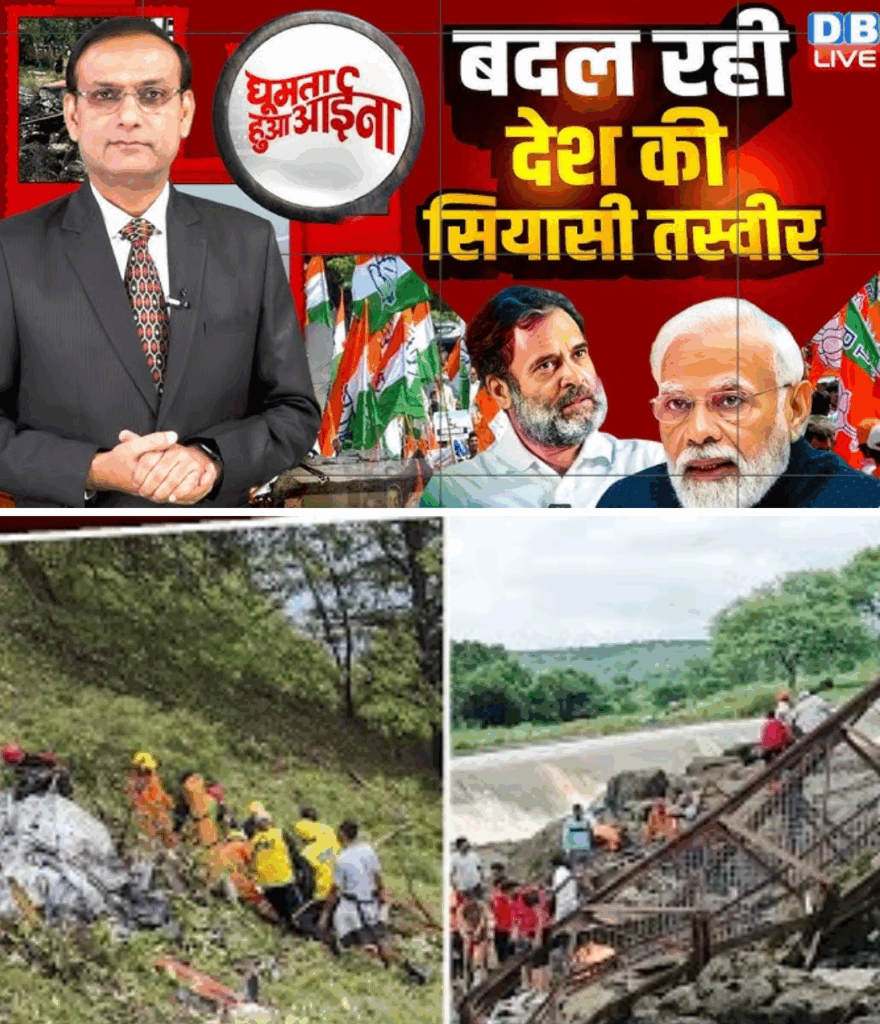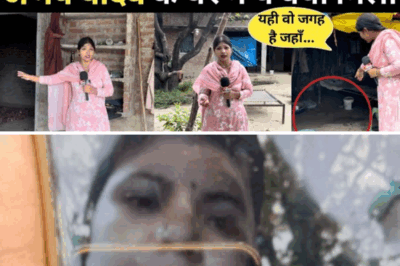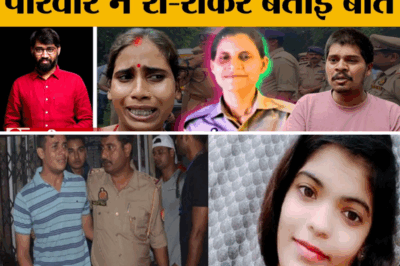For the past 11 years, the Bharatiya Janata Party (BJP) has enjoyed uninterrupted rule in India, largely credited to the strategic brilliance of Narendra Modi and Amit Shah. Their ability to time political narratives and capitalize on national events—such as the 2019 Pulwama attack and the inauguration of the Ram Temple—has consistently delivered electoral victories.
However, as in life, politics is unpredictable. The Congress party, once confident of its dominance after back-to-back wins in 2004 and 2009, was dramatically ousted following a series of public movements, media campaigns, and corruption allegations. Now, the BJP finds itself in a similarly precarious position. The party, which had become complacent about Congress as a challenger, is now facing changing circumstances reminiscent of the Congress’s downfall in 2011.
Recent attempts by the BJP to leverage incidents like the Pahalgam terror attack have fallen flat. The much-publicized “Operation Sindoor” faded from public discourse, and the tragic Ahmedabad plane crash, which claimed at least 275 lives, has placed the government under scrutiny. The crash occurred in Modi and Shah’s home state of Gujarat and resulted in the death of their close ally, former Chief Minister Vijay Rupani. Questions are now being raised about the government’s push for privatization in aviation and its alleged neglect of safety standards.

On the international stage, India’s reputation has also suffered setbacks. The abrupt ceasefire announcement by Donald Trump during Operation Sindoor and Canada’s conditional invitation to the G7 summit have highlighted India’s diplomatic vulnerabilities. India’s absence from the UN vote on the Gaza ceasefire also drew criticism, with opposition figures like Priyanka Gandhi and Pawan Khera accusing the Modi government of abandoning India’s legacy of standing for justice and non-alignment.
Domestically, the BJP is celebrating 11 years of Modi’s rule with widespread festivities, but the mood is subdued. The Congress party has accused the government of undermining constitutional institutions and failing to deliver real change, focusing instead on propaganda and future promises for 2047. Critics argue that the government has not shown accountability in major crises, from the Manipur violence to the Ahmedabad crash, and has failed to stand with victims’ families.
India’s foreign policy is also under fire, with strained relations with neighboring countries like Pakistan, Bangladesh, China, and Nepal. Despite international condemnation of recent terror attacks, Pakistan remains diplomatically engaged, while India appears increasingly isolated.
The opposition has reminded the nation of past leaders’ achievements—Nehru’s non-alignment, Shastri’s moral stands, Indira Gandhi’s decisive actions, and economic reforms under Narasimha Rao and Manmohan Singh. In contrast, the Modi era is marked by controversial decisions such as demonetization, GST implementation, and handling of the COVID-19 pandemic, along with unresolved attacks and failed operations.
As the BJP celebrates its 11th anniversary in power, it faces mounting challenges both at home and abroad. The changing political landscape suggests that the party can no longer rely solely on past strategies and propaganda. The future will depend on how it addresses accountability, governance, and India’s standing on the global stage.
For now, as the poet Sheikh Ibrahim Zauq once said, “A single tear drowned me in their gathering; a drop of water washed away my entire honor.” The BJP must heed the shifting tides, for time and circumstances are changing rapidly.
News
Shocking Triple M*rder Over Property Dispute Shatters Rural Family in Uttar Pradesh
Shocking Triple Murder Over Property Dispute Shatters Rural Family in Uttar Pradesh Tragedy struck a quiet village in Uttar Pradesh…
Heavy Rains in North and Central India Trigger Flood Threats in Prayagraj as Ganga and Yamuna Rivers Rise
Heavy Rains in North and Central India Trigger Flood Threats in Prayagraj as Ganga and Yamuna Rivers Rise Incessant…
Family Demands Justice Following Alleged R@pe and M*rder of Young Female Police Constable
Barabanki, UP: Family Demands Justice Following Alleged R@pe and M*rder of Young Female Police Constable Tragedy has struck a family…
Tej Pratap Yadav Confirms 2024 Candidacy from Mahua, Addresses Party Disputes and Vision for Youth
Tej Pratap Yadav Confirms 2024 Candidacy from Mahua, Addresses Party Disputes and Vision for Youth Senior RJD leader and former…
Sad News for Katrina Kaif’s Family as Katrina &Vicky Kaushal’s Father Sham Kaushal wants to Su*cide!
Katrina Kaif’s Father-in-Law, Sham Kaushal, Opens Up About His Cancer Battle and Brush with Despair Sham Kaushal, father of Bollywood…
Kajol’s Daughter Nysa Devgn got Drunk as she Graduate from Switzerland, Kajol got emotional!
Nysa Devgan Graduates in Business Administration from Switzerland; Kajol and Ajay Devgn Celebrate Proud Moment Nysa Devgan, the daughter of…
End of content
No more pages to load










